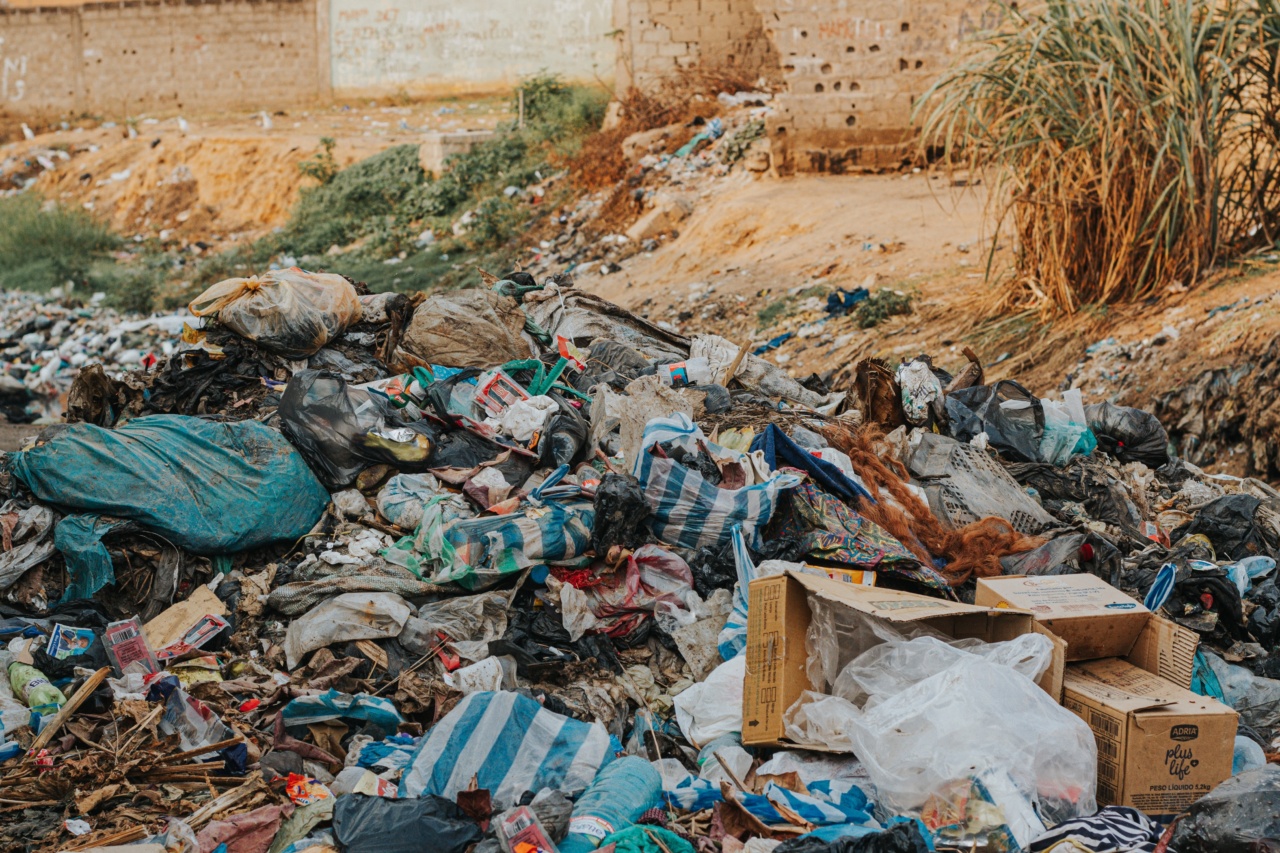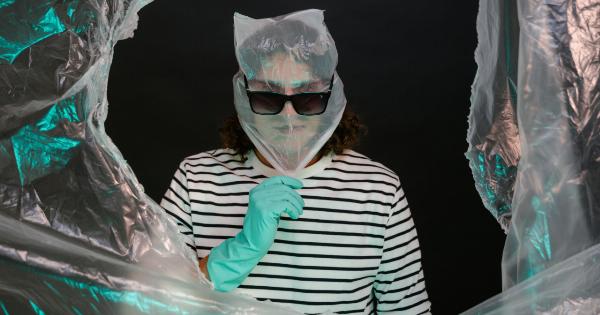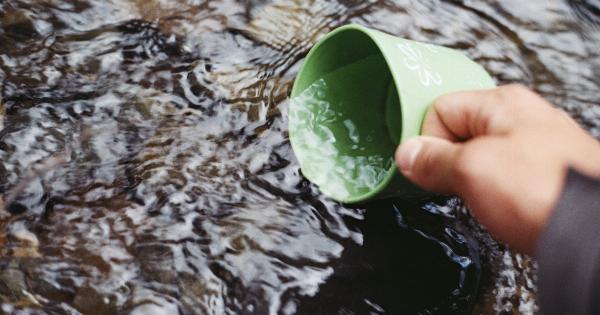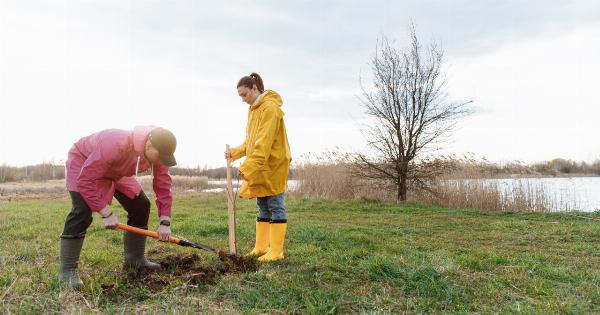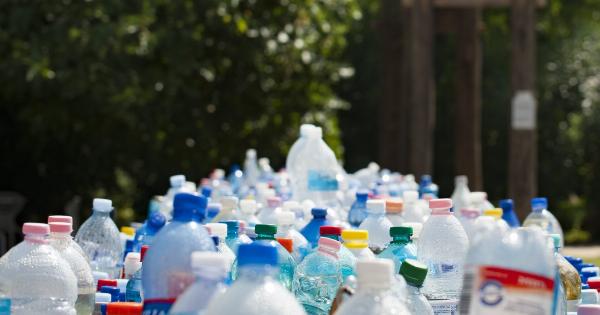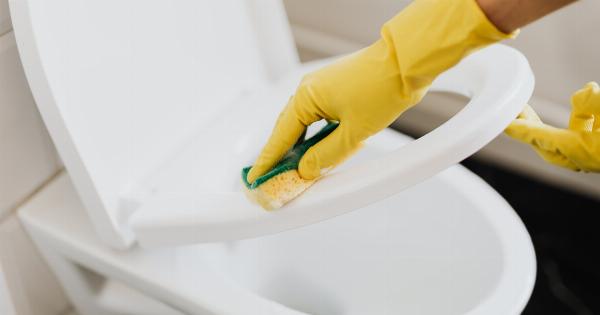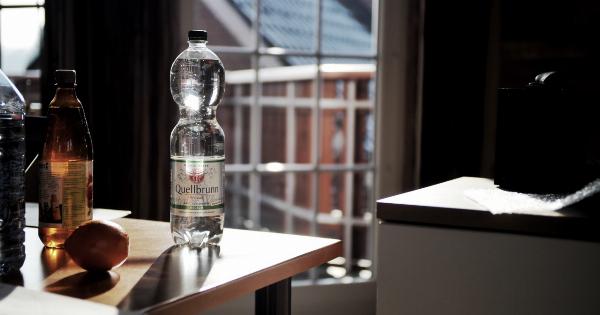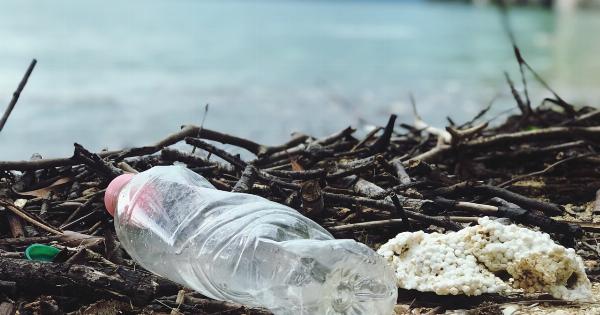Plastic waste has become a major concern for everyone in recent years. The amount of plastic that ends up in our oceans and landfills is alarming, and we are only starting to realize the true impact it can have on our planet.
A new study suggests that one of the culprits of plastic waste may be something we use every day – plastic taps.
The Study
The study was conducted by researchers at the University of Plymouth and published in the journal Science of the Total Environment.
The researchers examined the microplastic shedding of different types of plastic taps commonly used in homes and public places. The study found that after just one week of use, some of the taps shed as much as 19 million microplastic particles. This means that every time someone turns on the tap, microplastics are being released into the water.
The Implications
The implications of this study are significant. The microplastics shed from plastic taps can enter our water supply and end up in our oceans and rivers.
These microplastics can be harmful to marine life and can even find their way back into our food chain. Furthermore, the shedding of microplastics from plastic taps highlights the need for better regulation of plastic production and disposal.
Alternatives
Fortunately, there are alternatives to plastic taps. One option is to switch to metal taps. Metal taps are more durable than plastic taps and have a longer lifespan. They are also less likely to shed microplastics.
Another option is to use biodegradable or compostable taps. These types of taps are made from natural materials, such as bamboo or paper, and will break down in the environment over time.
What You Can Do
Individuals can also take steps to reduce their plastic use. One simple step is to use a reusable water bottle instead of buying bottled water. It is estimated that over one million plastic water bottles are sold every minute around the world.
By using a reusable water bottle, you can significantly reduce the amount of plastic waste you generate.
Another step you can take is to recycle properly. Many plastic items, such as plastic bottles and containers, can be recycled. By properly recycling these items, you can help reduce the amount of plastic waste that ends up in landfills and oceans.
Additionally, reducing your overall use of plastic by choosing alternatives such as metal or biodegradable products will have a significant impact in the long run.
The Bottom Line
The shedding of microplastics from plastic taps is just one small piece of the larger plastic waste problem we are facing. However, it highlights the importance of being mindful of our plastic usage and how it impacts the environment.
By making small changes in our everyday lives, we can all work towards a cleaner and more sustainable future.
